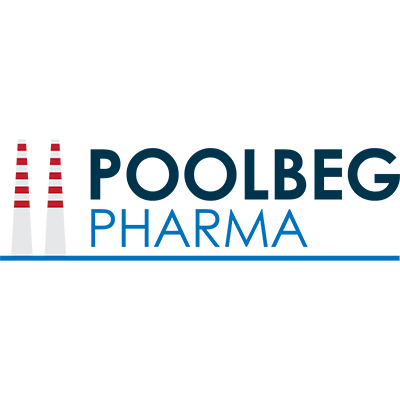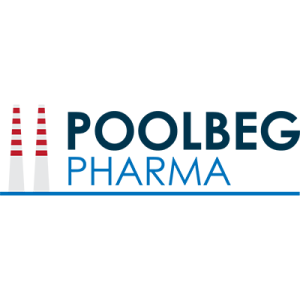Artificial intelligence (AI) is increasingly being used to revolutionise drug development, primarily by enhancing data structuring and improving predictive models. A key hurdle in scientific research is the overwhelming amount of unstructured data. Information from research reports, handwritten notes, and free-form text often needs to be manually sifted through, making it difficult for researchers to extract relevant insights efficiently. Traditional data mining methods have struggled to identify important details, but large language models now offer a more accurate way to extract content from unstructured text. However, human expertise is still vital to refine and validate these results to ensure they are both accurate and relevant.
Once the data has been organised and cleaned, it can be entered into predictive models, which help researchers make more informed decisions. Unlike traditional methods like high-throughput screening, which tests every possibility blindly, AI models can draw meaningful connections from data, enabling researchers to target specific areas of interest more effectively. This focused approach can lead to faster results, reduced costs, and a lower risk of failure.
AI’s effectiveness in drug development is not as straightforward as the media often portrays. It requires a “triangle for success,” where pharmaceutical experts, technology specialists, and content professionals work together. Without this collaboration, even the most advanced AI cannot provide reliable results.
The quality of data input is crucial for AI to produce accurate predictions. AI does not have intrinsic knowledge and operates solely on the data it is given. If the data is flawed or biased, the predictions will also be unreliable. This is particularly challenging when dealing with unstructured data, as AI may misinterpret or assign incorrect meanings to information. However, when data is curated and structured properly, AI can make more dependable predictions, minimising bias and increasing generalisation. For instance, AI can help classify tumours of unknown origin with remarkable accuracy, enhancing diagnostic precision.
AI is already accelerating research in many areas. One notable example is AlphaFold, developed by Google DeepMind, which predicts 3D protein structures from amino acid sequences. This system can now produce results that rival experimental accuracy in a fraction of the time—what would have taken months or even years can now be achieved in minutes. The technology’s significance was further recognised with part of the 2024 Nobel Prize in Chemistry being awarded to AlphaFold.
AI’s potential in drug development is immense, particularly in enabling new discoveries and improving treatments for rare or under-researched diseases. Even for well-known conditions, AI can help identify therapies with fewer side effects and optimise drug delivery systems. By streamlining processes and reducing costs, AI also addresses barriers to accessing advanced therapies, making them more affordable and accessible to a broader population. In the long term, AI has the potential to enhance treatments for both common and rare diseases, ultimately improving access to life-saving therapies.
AI is already proving to be an invaluable asset in the drug development process, with the potential to drive significant breakthroughs in medicine.
Poolbeg Pharma plc (LON:POLB) is a clinical stage infectious disease pharmaceutical company, with a novel capital light clinical model which enables us to develop multiple products faster and more cost effectively than the traditional biotech model.


